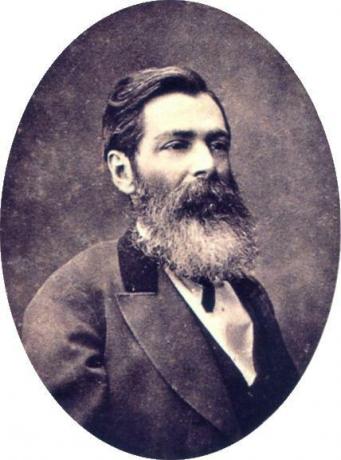Today, June 7th, is celebrated the National Press Freedom Day. The date aims to highlight freedom of expression in Brazil and fight the censorship that press professionals, journalists, go through.
The National Press Freedom Day has been celebrated since June 7, 1977, when a manifesto censorship of the Military Dictatorship in Brazil was carried out and signed by almost three thousand journalists.
Freedom of the press is one of the most basic rights existing in Brazilian society, and can be defined as the right that the entire population may have direct access to information, not being deprived of anything.
In addition, the journalist also has the guarantee of access to information, being able to transmit it through any means of communication, not suffering any reprisal for doing so.
Importance of National Press Freedom Day
National Press Freedom Day highlights some important points, including:
Stimulate freedom of expression and information, after all, society needs to know and understand the facts for it to be, effectively, a democracy;
Valuing the work of press professionals, who often experience dangerous situations to report events to the population;
Combat the violence experienced by many journalists when they are exercising their profession.
Numbers of violence against journalists
Numbers confirm that, many times, press professionals go through embarrassing situations when they are just doing their job. Among them are: physical and verbal aggression, intimidation, legal persecution, etc.
Survey by the Brazilian Association of Radio and Television Broadcasters (Abert) and the United Nations Educational, Scientific and Cultural Organization (Unesco), released last May, showed that, in 2022, Brazil recorded at least two brutal crimes against journalists and communication professionals in general.
The report "Violence against journalists and freedom of the press in Brazil 2022", prepared by the National Federation of Journalists (Fenaj) shows that the numbers are alarming and deserve attention.
According to the study, 376 cases of aggression against professionals were recorded. Of the total number of situations, 87 referred to decriminalization by the press, 77 to threats, harassment and intimidation and 59 to censorship.
Most violence was reported by professionals working on television in the Midwest region (34%) and by men (69%). Check below the cases by Brazilian states:

Do not stop now... There's more after the publicity ;)
Who are the press professionals?
Normally, press professionals are trained in the Journalism course, but photographers and videographers can also be included in this category. The latter are generally not graduates of the course, and may have technical training in the area.
Professionals are usually on site at the time of events to provide journalistic coverage, which can be recorded with cameras, cell phones or even notes.
Journalism Course
O Journalism course It is offered at the main public and private universities in the country. It normally lasts four years or eight semesters.
In the first year, students take more general subjects, such as Writing in Portuguese, Psychosociology of Communication, Theory of Communication, etc.
In the coming years, the curriculum for the Journalism course will be specific and will include subjects such as: Radio journalism, Telejournalism, Interview Techniques, History of the Press, Communication Office, Digital Journalism, Media Social, among others.
It is common that, in the last year, students do an internship in communication vehicles or communication agencies.
When graduated, the graduate in Journalism can work in the main vehicles (radio, TV, newspaper and internet) or in the area of communication / digital media advisory in companies of other branches.
Read more:
10 films for those who like or want to do Journalism
By Silvia Tancredi
Journalist

